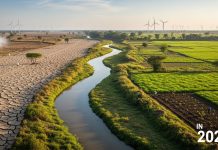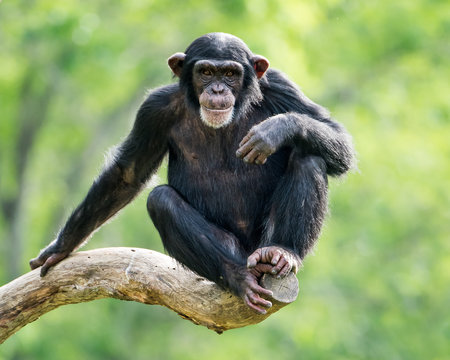Nigeria in collaboration with Cameroon is on a mission to establish a world heritage site, the function of which would be the conservation of endangered species like the gorillas, chimpanzees, lions, and elephants which are indigenous to both countries.
This collaboration between the neighboring nations was made known in Calabar, Cross River State, by the Director of Cross River Landscape for Wildlife Conservation Society (WCS), Dr. Inaoyom Imong, on March 27, 2023, at a workshop on Watershed Protection for Safe Sustainable Water Supply.
The workshop which was sponsored by the United States Agency for International Development (USAID) is aimed at educating Nigerians on the importance of preserving wildlife.
“These species native to both countries are rare and few in the whole of Africa hence it is of great necessity to protect them using this facility,” Imong said.
He further revealed that a Memorandum of Understanding (MoU) would soon be signed by the presidents of both countries and this would help both countries to attain joint conservation goals.
“The World Heritage Site will strengthen transboundary efforts between Nigeria and Cameroon which will make conservation more effective and reduce cost,” Imong added.
“When the MoU is signed by the two presidents very soon, it will bring about many more benefits, including joint patrols and regular transboundary workshops between Nigeria and Cameroon.”
He called for the reinforcement and implementation of laws to combat the incessant infiltration into protected forests and attacks on wildlife.
He also called for support for the prosecution of violators and the creation of a code of conduct for forest rangers.
He further mentioned a recent workshop held for the officials of the National Environmental Standards and Regulations Enforcement Agency, (NESREA) and Nigeria Customs Service in Calabar about that.
“The workshop became necessary to keep relevant agencies abreast with the international dimensions which wildlife trade has assumed, including methodologies to tackle them.
“We are also providing livelihood support for local communities in the forest areas to stem widespread poverty, and also dissuade them from invading protected areas for food,” he said.

















